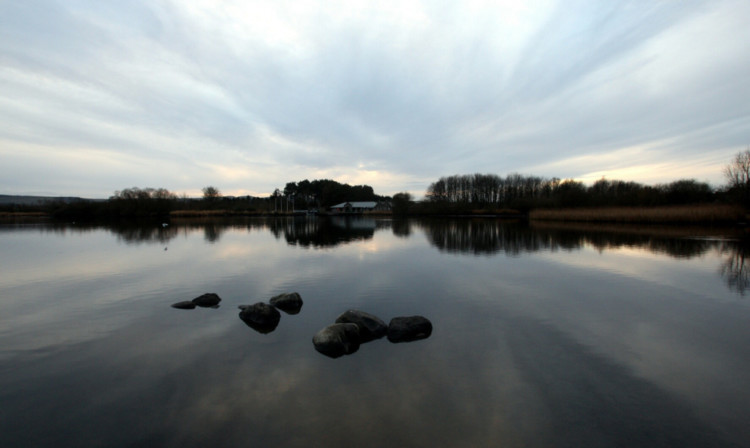A controversial community wind turbine project that would have blighted a nationally important bird sanctuary has been rejected.
The Scottish Government’s own reporter has judged that the three-turbine plan at Tillyrie, near Milnathort, would have had an unacceptable impact on the Loch Leven basin and the Ochil Hills.
In his appeal decision, which has just been released, Michael Cunliffe of the DPEA (Directorate for Planning and Environmental Appeals), backs the reasoning of Perth and Kinross Council, whose refusal prompted the appeal.
The proposal has had a chequered history, with applications for five turbines refused in 2005, 2006 and at appeal.
A new submission reduced the turbines in number and height and moved them, in an effort to reduce visual impact.
Even with the changes, the turbines would have been visible from up to nine miles away, with each of the three proposed turbines rising to a height of 74 metres.
The project would have generated enough wattage to power the equivalent of 1,300 homes, as well as considerable revenue for communities in the area.
Agreeing with an assessment by Scottish Natural Heritage, Mr Cunliffe said: “I consider that the proposal would have a significant adverse effect, both in its own right and in combination with existing windfarms, on the landscape character of the Ochil Hills and of the Loch Leven basin, and on part of the AGLV.”
Mr Cunliffe noted that, despite the financial incentive, the turbines project was not universally welcomed locally.
He said: “The appellant is a company which includes local community participation and would channel a proportion of the net revenue from the scheme towards community projects. However, it is clear that the proposal does not have the wholehearted backing of the Milnathort and Kinross-shire community. Milnathort Community Council objected to the planning application on grounds of adverse visual impact, effect on the AGLV and cumulative effects with Lochelbank and Greenknowes, later qualifying its stance by saying it would not object if a means of mitigating these impacts could be found.
“Earn Community Council also objected, and the planning authority received 88 letters of objection and 12 expressions of support. The main grounds of objection were landscape and visual impacts, including cumulative effects.”
His conclusion that the turbines would not be in accordance with the development plan was welcomed by Liz Smith, MSP for Mid Scotland and Fife, as a victory for “local democracy”.
“I welcome the decision to dismiss the appeal and (the fact) that planning permission has been refused,” she said.
“Windfarm proposals are extremely controversial and in many cases communities are tired of being forced to fight applications again and again. The views and wishes of Kinross-shire people must come first.
“This windfarm application represents yet another in a long line of windfarm applications being faced by Perth and Kinross Council, which is seriously impacting on the planning department.
“Local democracy is all about local communities being given a voice and local councils and locally-elected councillors taking decisions close to those communities which will be impacted.
“All over the country, groups have been established to fight these sort of developments, showing the acute concern felt by so many people.”
